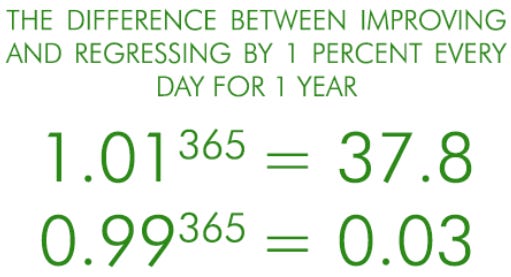One of my favorite podcasts, Shameless Popery with Joe Heschmeyer by Catholic Answers, just recently did a couple episodes on Purgatory. This article is not going to be about the Catholic doctrine of purgatory (although that will eventually be a topic on Teaching Tuesday) but rather a belief that all Christians share, and that is that Christians are called to purge their attachments sin (purgation) as they become more like Christ. For how can we hope to join Christ in heaven if we are not yet conformed to Him? And Jesus himself gives us the goal we are to aim after. “Be perfect as your heavenly Father is perfect (Matthew 5:48).”
I believe that any Christian who hasn’t believed this passage is a bit daunting needs to reconsider what is being asked of us. We aren’t called to be nice people. We aren’t called to be “at least I’m not Hitler or Stalin.” We are called to be perfect. Now it takes a bit more depth and theology to figure out how the mechanics of this would work, but Jesus does give us the source by which it will be done when he said, “With men this is impossible, but with God all things are possible (Matthew 19:26).”
So we 1) need to purge ourselves of the earthly and sinful attachments and 2) can only do that through God’s assistance. However, implicit in both statements is a role that we must play in the process. I have been surprised to meet a few Christians in the workplace over the last few years that do not believe that we have any kind of free will and play no part in our salvation. I’m not going to make an apologetic argument against this belief here or critique the implications of such a belief. Instead, I’m merely going to assert that this seems plainly false by the overwhelming evidence. People appear to be rational actors. We present ourselves as rational actors. As rational actors it should be plainly obvious that sin destroys us, and we should avoid it. But Paul tells us this is not the case, “I do not understand my own actions. For I do not do what I want, but I do the very thing I hate (Romans 7:15).” This is because of the Fall. We are rational and were created good by God, but original sin has wounded our nature to possess a desire for sin.
This brings me to what I believe is my role in the process of me becoming perfect. “Lord God, I want to be better. Help me to become better.” The desire to become better is all the further I can get, and I am pretty sure that is not even on my own but by the grace of God. I want to be better because that is what God wants for me, so I need to cooperate with His grace and align my will to His. This is what the saints do so beautifully. Oftentimes, the lofty ideal of the saints can seem like an impossible task, but I came across a LinkedIn post the other day that demonstrated the power of small but consistent improvements. It was the mathematical equation for improving by 1% each day of a year. The person who can successfully do this is over 37 times better at the end of that year. As a math guy, I loved the magnitude of this concept.
I think the great saints we admire in the Catholic faith grew in the spiritual life in small steps with great consistency. The saints like St. André Bessette that were able to perform great works started by wanting to bring devotion to St. Joseph and build a small chapel in his name. The saints that were able to endure great hardships like Mother Teresa who felt no touch of God for decades while she comforted the ill and dying. The saints that were able to love in great ways like the martyrs or little ways with great love like the Little Flower attempted to put God at the center of their lives. Even these saints were not perfect while here on Earth, but through their cooperation with God’s grace they are now perfect in heaven. They were able to accomplish this ultimate goal, that we are likewise called to, by placing their faith in God’s promises and then saying yes over and over again.
So where did purgatory go in this whole conversation? Well, the key is that it has been here the whole time. In a way. One of the biggest misconceptions about the Catholic doctrine of purgatory is that it is a post-mortem place. While this is not excluded from Catholic belief, it misses the primary point of purgatory. Purgatory is described as the process or state entered after death in which we are cleansed of those attachments to sin before we enter heaven. It may be easier to say that we undergo purgation than we go to purgatory. But, this purgation is supposed to begin in this life. We should aim to purge ourselves of attachment to sin in this life like so many great Christians that have come before us, and only if we are unable to complete that purging here, will we continue the process before receiving our final reward.





